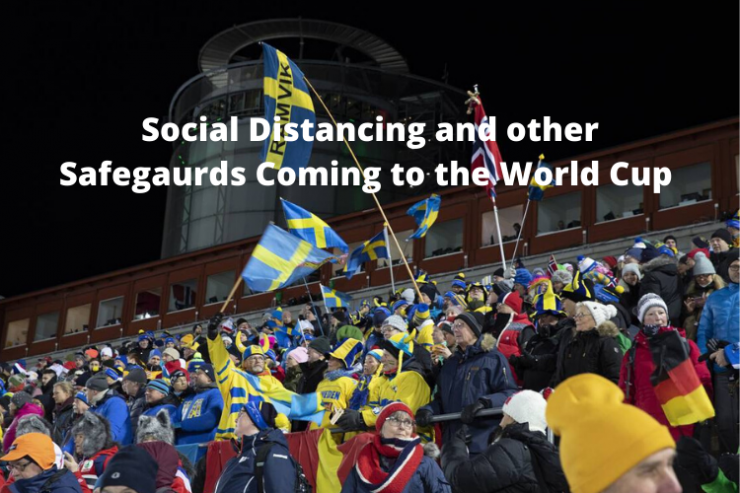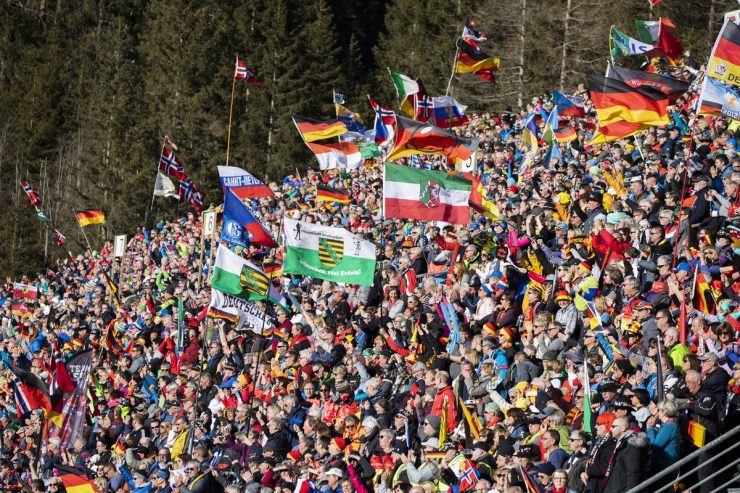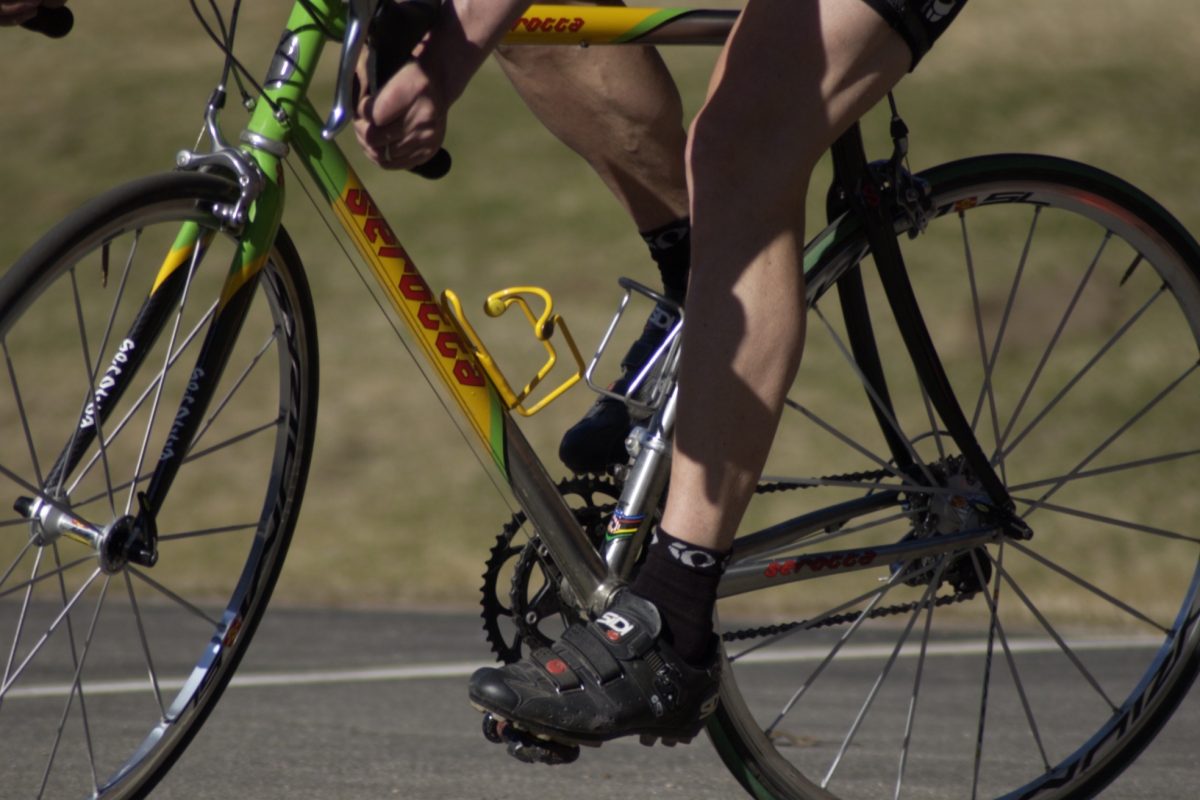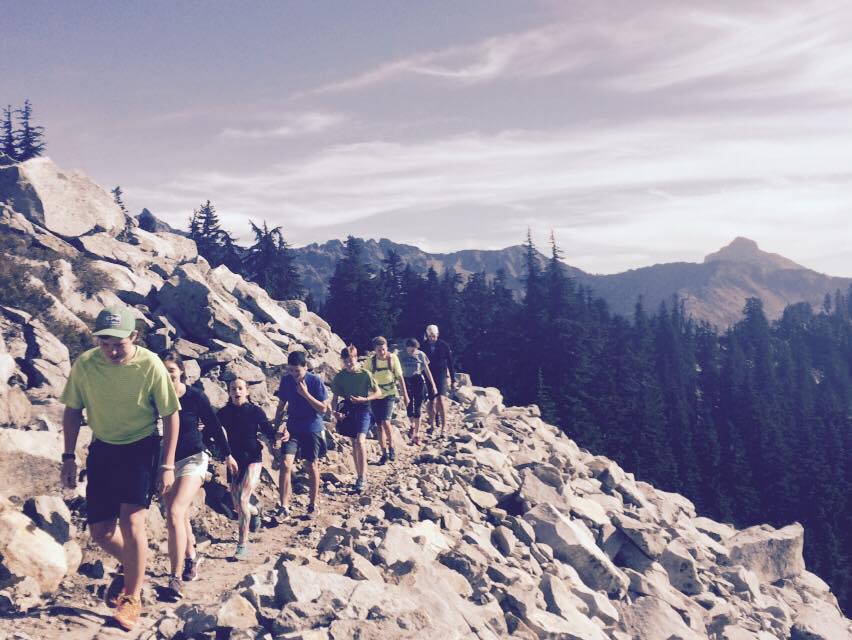
A phrase we probably have all become familiar with: Risk assessment and Covid-19.
The International Ski Federation (FIS) published guidelines last week to assist local organizing committees of FIS World Cups to mitigate community spread at races. This comes on the heels of FIS joining an initiative called #Sport4Recovery. According to FIS, the new entity aims to organize stakeholders and “highlight the importance of sport for mental and physical health recovery as well as to mobilise athletes and sports fans,” as they reopen their respective sports. #Sport4Recovery lobbies government entities to bring sport and its associated events back online.
The argument that sports promote wellness is long-established. However, groups like FIS also stand to lose financially if the upcoming season is cancelled or modified in such a way that ski events cannot be monetized. There’s television rights to be considered, spectator ticket sales, in-stadium food sales, and the entire micro-economy of a World Cup event to be considered. In many communities, hosting a World Cup equates to a major boost for the local tourist economy.

This is where the FIS Covid-19 Prevention Guidelines for Event Organizers comes into play. The list of actions presents steps local organizing committees can take to host safer events. World Cups fall under the category of a “mass gathering”. The World Health Organization (WHO) defines a mass gathering as “a planned or spontaneous event where the number of people attending could strain the planning and response resources of the community or country hosting the event. The Olympic Games, The Hajj, and other major sporting, religious, and cultural events are all examples of a mass gathering.”
The FIS prevention guidelines document is based on recommendations from the WHO for mass gathering sports events. The WHO has published materials on its website to help officials assess and minimize risks that includes a detailed decision tree, and best practices for sport federations and event organizers.
The materials also provide a detailed spreadsheet that FIS will require local organizing committees to complete as they assess the risk of Covid-19 spread at their events. The spreadsheet asks roughly 50 questions. The organizing committee scores itself, and then can determine the overall risk for the event according to the WHO’s color key matrix: An overall risk assessment score can correlate to a maroon color (very high risk) to green (very low).
Organizing committees are required to “include responsible health authorities to support its work with establishing the appropriate measures and to stay updated in terms of latest developments and local regulations.”
Masks will be required in some locations, proper distance between individuals in specific areas will be maintained, and handwashing and hand sanitizer stations will be readily available throughout the hosting venue. FIS goes on to detail that food for athletes, for example, will no longer be buffet style, but “ready made”.
As many nations debate what reopening looks like, the World Cup cross-country calendar remains maleable to an extent. An option A race schedule and option B are being considered. Option A will consist of the pre-existing calendar of races, while option B will present a modified program with blocks of races in a single country. The final schedule will be decided upon at a later date.
Jason Albert
Jason lives in Bend, Ore., and can often be seen chasing his two boys around town. He’s a self-proclaimed audio geek. That all started back in the early 1990s when he convinced a naive public radio editor he should report a story from Alaska’s, Ruth Gorge. Now, Jason’s common companion is his field-recording gear.



